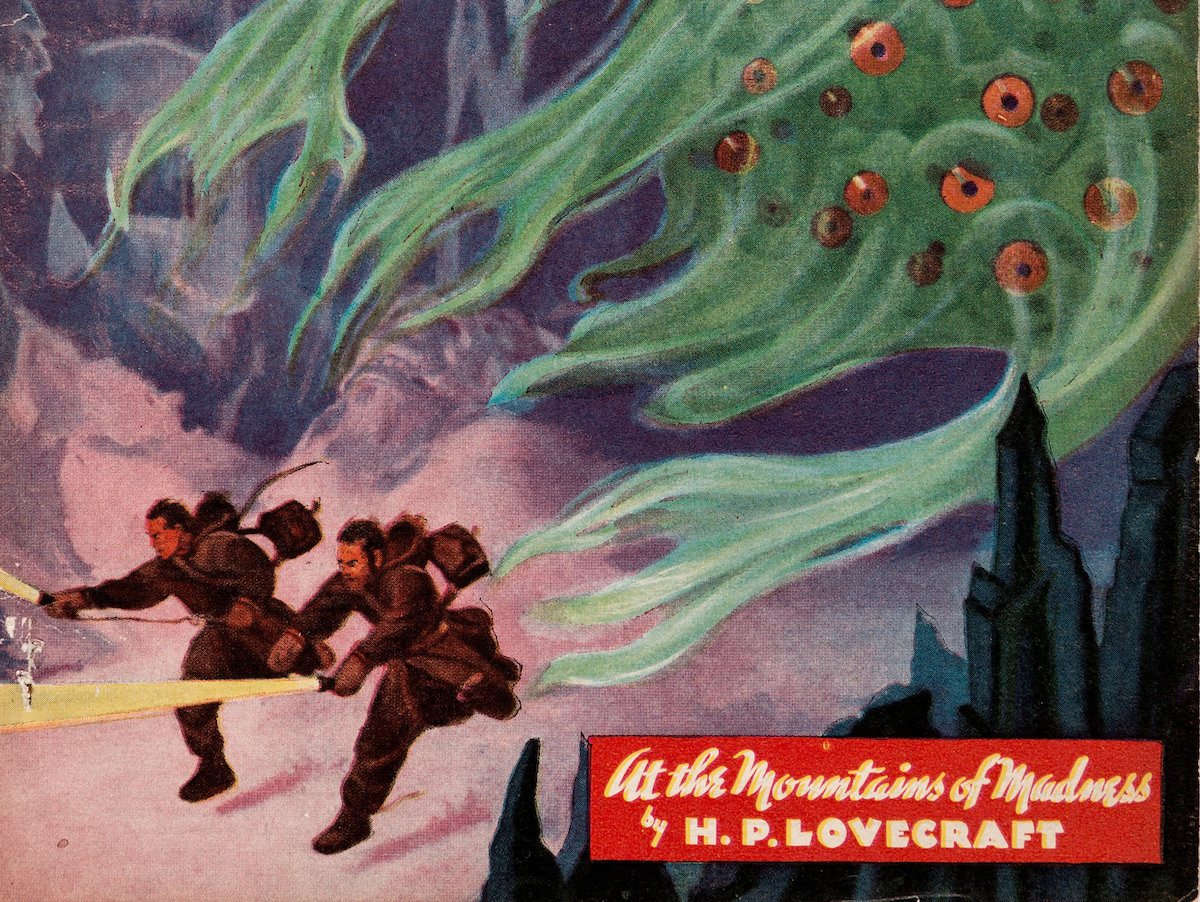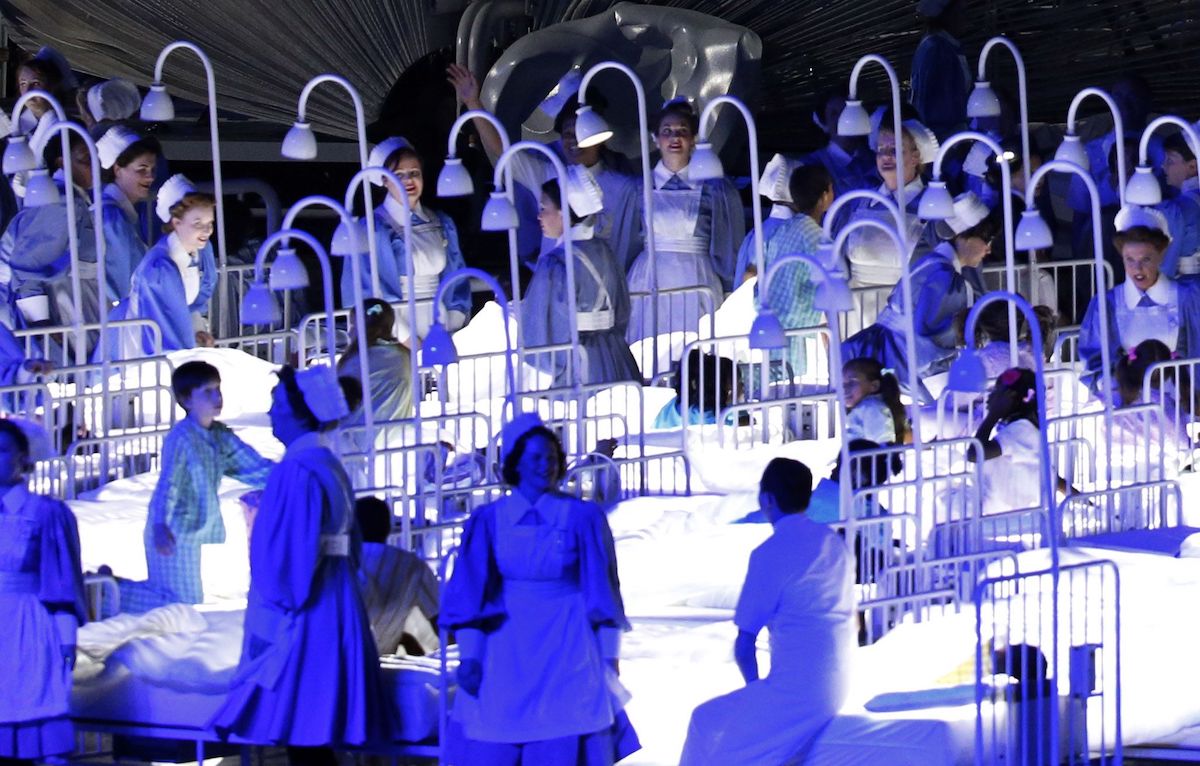Been a while. Day off today with nothing on the todo list for a change, so let's try something new.

I got very confused this week by condensation on the plastic roof I recently put up over the rabbit run and outside the shed door. Over the weekend it was very cold and I found condensation on the underside of the roof. This implies that it was warmer below than above, something that makes sense, as you'll know if you've ever left a tarp on the ground on a cold day. But this covered area has no walls so any ground-heat should have dispersed to the sides on the two metre journey to corrugated plastic. And yet droplets were collecting to the point where it was effectively raining in the area I wanted protected from the rain, which was terribly annoying.
Finally, with help from Fiona, we cracked it. There hadn't been any wind for days. Any moist heat from the ground was going straight up and staying there, depositing its h2o as it cooled. And yes, now we're back to normal windy rainy weather the underside of the roof is dry as a bone.
Condensation is fascinating. In fact, air in general is fascinating. A solid mass covering the earth that we move through without thinking about. This must be how fish feel about the sea.
🎬🤔🦈 Grace Lee asks why Jaws is a horror movie when it doesn't fit the standard definitions of horror, in a classic "it's not about the shark" deep dive of all the things it could be about.
💥🎥🕵️♂️ This reconstruction of August's Beiruit port explosion, where tonnes of badly stored ammonium nitrate destroyed the port and emitted a shockwave across the whole region, uses photogrammetry of videos taken before and during the fire and explosion to recreate the probable layout of the warehouse interior and the sequence of events. Reminded me of the Chelyabinsk meteor landing of 2013 which was recorded by loads of dashcam video cameras which enabled scientists to figure out it's origin, direction, velocity and landing point (as documented in this slightly OTT tv show). At the time the Russian dashcam phenomena was novel – not so much now.
The burst of successful vaccines over the last couple of weeks has been great news, but it seems to have triggered an odd reaction in me. I realised I sort of don't want the pandemic to end. Not because I want people to keep getting ill and dying – that's absurd. More that I think I've finally got used to this situation and the idea of everything changing again is not a pleasing one. Some of it is purely logistical – I've been assuming this won't end before 2022 and we have steered Loaf's business plan accordingly, so having to tear it up and go through the planning process all over again is not something I want to do for a while. But there's also a more psychological aspect. I'm relatively at peace right now after a fairly bumpy 9 months. I'd like a period of stability, of knowing how to live in the world, before we go into the bumpy period of exiting this nightmare.
Do I have Covid Stockholm Syndrome? Is it possible to have mild PTSD from too much change?
😷🚗🧪 White Tents in the Car Park is an enjoyable entry in the "pandemic Britain is a shit disaster movie" canon. Emilia Ong documents a drive-through Covid testing site visible from her window, incongruously next to a closed funfair in Margate.
🇺🇸💰🇺🇸 I'm looking forward to this new docuseries on The Reagans as it's a strange blind-spot in my history knowledge. I feel I've got a fairly good handle on Thatcher and Thatcherism, but the nitty gritty of where Reagan came from and what was going on behind that folksy good-old-boy schtick is a bit of a mystery. Here's the trailer.
I didn't think The Death of Flash would affect me, as I don't think I've knowingly used anything that runs in Flash for years now, but I'm feeling oddly ambivalent about the dialogue that Adobe pops up on whenever it gets triggered, usually when reading some story about Flash being discontinued by Adobe, asking me to uninstall it for security reasons. While it might have been replaced with a hellscape of bloated web-apps and surveillance scripts, losing Flash is one of the bright spots of 2020. So why haven't I uninstalled it yet? I guess for the same reason you don't throw away old tools. I have spanners and screwdrivers I'm 99.9999% sure I'll never use but I hang on to them, just in case. I'll keep Flash disabled, because it's Flash, but I want to keep it around. You never know.
🤘🎸🧟♀️ This short article asking what is the heaviest music ever made is one of those rare beasts where the subsequent comments are a treasure trove of magical finds. If you're into your doom-laden drone, that is. Nicely makes the distinction between loud (easy enough to achieve) and heavy (more nuanced and subjective).
✨🛰🌌 You can always use more awesome photos of deep space in your life so bookmark the Atlantic's Hubble Space Telescope Advent Calendar for a daily burst of cosmic insignificance. Seriously, experiencing "a diminished sense of self" is good for you.

That's all from me from today. I'd like to try and do a version of this every night before bed, as I tend to spend an hour or so aimlessly pottering at midnight. But no pressure. Let me know if you like it.












